| IN A NUTSHELL |
|
Tensions have dramatically escalated in the Middle East as Israel and Iran engage in an intense military standoff. The latest series of events has seen Israel launching airstrikes on Iran’s significant nuclear sites and Iran retaliating with missile attacks on Israeli territories. This ongoing confrontation, marked by a series of military exchanges, underscores the fragile nature of peace in the region. The stakes are high, with global powers watching closely, ready to see how the situation unfolds. As military actions intensify, the world holds its breath, anticipating the potential for a broader conflict that could reshape geopolitical alliances.
Israel’s Strategic Strikes on Iran’s Nuclear Facilities
Israel has made a bold move by targeting Iran’s nuclear infrastructure, specifically the Arak heavy water reactor. This site, crucial in the production of plutonium, has been a significant point of contention, given its potential to contribute to nuclear weapons development. The Israeli military’s recent airstrikes aimed at crippling this facility by damaging its core seal structure, a vital component in its operation. Such actions are not merely military maneuvers but strategic efforts to prevent Iran from advancing its nuclear capabilities. The strikes have not only targeted Arak but also included a renewed attack on the Natanz nuclear facility, underscoring Israel’s commitment to halting Iran’s nuclear ambitions.
Iranian state television has confirmed these attacks, assuring the public that there is no radiation danger as the facility was evacuated prior to the strike. This conflict has seen seven consecutive days of Israeli airstrikes on various nuclear-related locations in Iran, including Natanz and Isfahan, indicating a sustained military campaign. With tensions running high, the international community is closely monitoring the situation, aware of the potential for further escalation.
The Role of Heavy Water Reactors in Nuclear Proliferation
The Arak facility, located approximately 155 miles from Tehran, operates using heavy water to cool its nuclear reactor. Despite being redesigned under the 2015 nuclear agreement to mitigate proliferation risks, the facility remains a focal point due to its ability to produce plutonium as a byproduct. The International Atomic Energy Agency (IAEA), which last visited the site in May, has expressed concerns about the lack of oversight, as Iran restricted access, leaving the agency without full verification capabilities over Iran’s heavy water production and stockpile.
The 2015 nuclear deal required Iran to redesign the Arak reactor and sell its excess heavy water. Notably, the U.S. purchased 32 tons for over $8 million. However, the deal has been under significant strain since the U.S. withdrawal in 2018 under President Trump, with Britain stepping in to assist Iran in reactor redesign. As tensions rise, the future of these agreements remains uncertain, raising critical questions about global nuclear non-proliferation efforts.
Trump’s Military Considerations Amid Escalating Tensions
Amid the escalating conflict, former President Donald Trump has sparked speculation about potential U.S. military involvement. Reports suggest Trump has approved military plans but is withholding a final decision, hoping for a de-escalation of Iran’s nuclear ambitions. Outside the White House, Trump hinted at the possibility of action, though he remained non-committal, stating, “I may do it. I may not do it.” This ambiguity leaves room for diplomatic maneuvers, but also keeps military options on the table.
Inside the Pentagon, discussions are underway regarding the use of GBU-57 “bunker buster” bombs to target Iran’s deeply buried uranium enrichment site at Fordow. Defense officials, however, express skepticism about their efficacy, given the site’s estimated depth of 300 feet underground. While tactical nuclear options are off the table, the focus remains on maximizing conventional weapon effectiveness. As diplomatic talks continue in Geneva, the world watches to see if a peaceful resolution can be achieved.
Retaliation and Regional Implications
In retaliation to the Israeli strikes, Iran launched missiles at multiple targets in Israel, including a medical building and residential areas near Tel Aviv, injuring at least 40 people. Israeli Prime Minister Benjamin Netanyahu condemned these attacks and vowed to respond decisively, further escalating the rhetoric and military actions. This cycle of attack and retaliation raises concerns about broader regional implications, potentially drawing in other Middle Eastern nations and global powers.
The ongoing conflict not only threatens regional stability but also poses significant risks to global security frameworks. As both nations continue their military campaigns, the international community faces the challenge of mediating peace while addressing the underlying issues driving this conflict. With diplomatic efforts underway, the question remains: Can the global powers broker a sustainable peace, or will this confrontation escalate into a larger conflict?
The situation between Israel and Iran remains tense, with each passing day bringing new developments. As diplomatic channels vie for a resolution, the military actions continue to cast a long shadow over the Middle East. The world watches with bated breath, hoping for peace yet preparing for the possibility of further conflict. How will these tensions reshape the geopolitical landscape, and what role will global powers play in steering the course of history?
Did you like it? 4.6/5 (27)
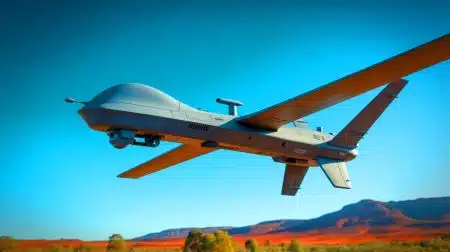
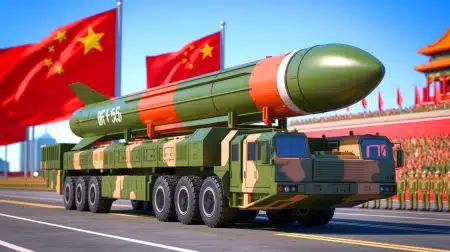
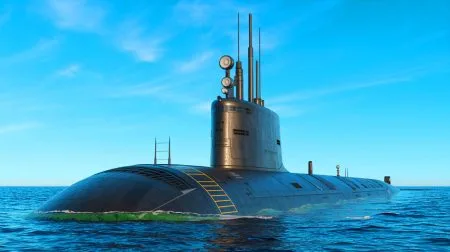

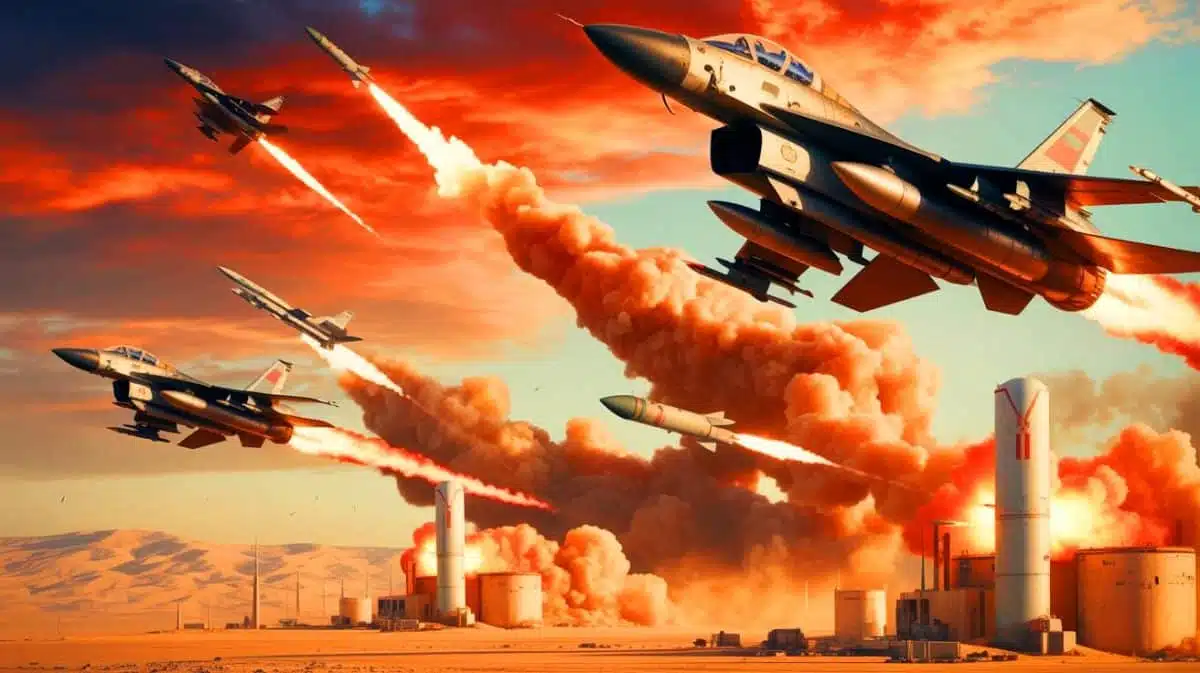
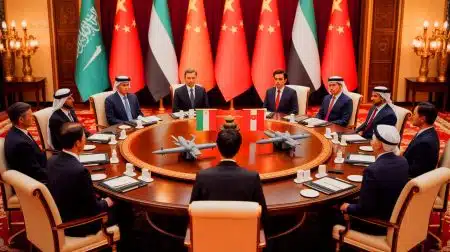
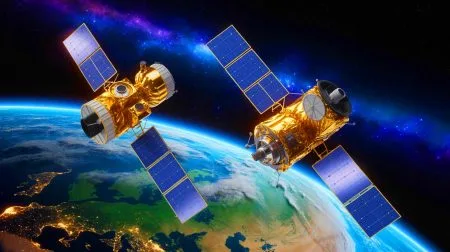

Wow, this is intense. Are we on the brink of another major conflict? 🤔
Why does it always have to escalate to violence? Can’t we just talk it out?
I wonder how this will affect the global economy? 📉
Thanks for the detailed update! What are the chances of diplomatic resolution?
Seems like the Middle East is always a hotspot for tension. Really hope this cools down soon.
Not another war! 😩 Why can’t we just live in peace?
Trump’s stance seems a bit ambiguous. What’s his endgame here?